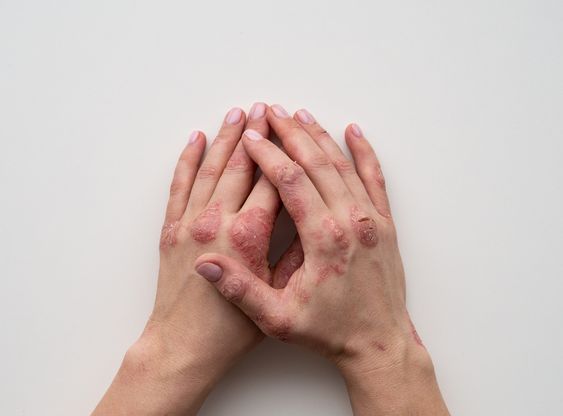Understanding Psoriasis
Psoriasis is a chronic autoimmune condition that affects the skin. It occurs when the immune system mistakenly attacks healthy skin cells, causing them to multiply rapidly. This rapid cell turnover leads to the buildup of thick, scaly patches of skin called plaques. These plaques are often red, itchy, and can be painful. While the exact cause of psoriasis is unknown, genetics and environmental triggers are thought to play a role.

Psoriasis is not contagious, meaning it cannot be spread from person to person through physical contact. However, it is a lifelong condition that requires ongoing management. While there is no cure for psoriasis, a variety of treatments and lifestyle modifications can help manage symptoms, reduce flare-ups, and improve quality of life for those living with the condition.
Effective Ways to Care for Psoriasis
Caring for psoriasis involves a multifaceted approach that addresses both the physical symptoms and the emotional impact of the condition. Here are some effective ways to manage psoriasis:
1. Topical Treatments: Applying creams, ointments, and lotions directly to affected areas is often the first line of defense.
- Over-the-counter options: Moisturizers, salicylic acid, and coal tar products can help soften scales and reduce inflammation.
- Prescription medications: Your doctor may prescribe stronger topical corticosteroids, retinoids, or calcineurin inhibitors depending on the severity of your condition.
2. Light Therapy: Controlled exposure to ultraviolet (UV) light can slow skin cell growth and reduce inflammation. Phototherapy can be administered in a doctor's office or with a home light therapy unit.
3. Oral or Injectable Medications: For moderate to severe psoriasis, your doctor may recommend:
- Methotrexate: Suppresses the immune system to slow skin cell growth.
- Cyclosporine: A powerful immunosuppressant.
- Biologics: Target specific parts of the immune system involved in psoriasis.
4. Lifestyle Modifications: Certain lifestyle changes can significantly impact psoriasis management:
- Stress Management: Practice stress-reducing techniques like yoga, meditation, or deep breathing exercises.
- Healthy Diet: A balanced diet rich in fruits, vegetables, and whole grains can boost your immune system and overall health.
- Avoid Triggers: Identify and avoid your personal triggers, which may include stress, certain foods, alcohol, smoking, or skin injuries.
- Moisturize Regularly: Keep your skin hydrated by applying a thick, fragrance-free moisturizer several times a day.
Remember, finding the right treatment plan for psoriasis is an individual journey. It's essential to work closely with your dermatologist to determine the most effective approach for your specific needs and achieve long-term symptom relief.





